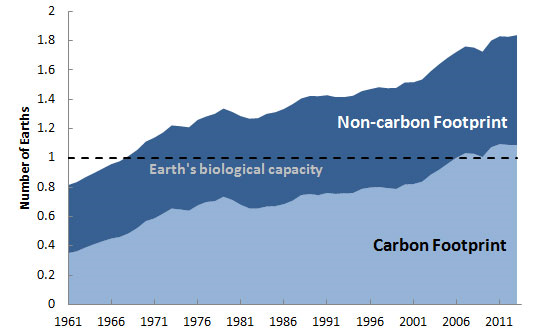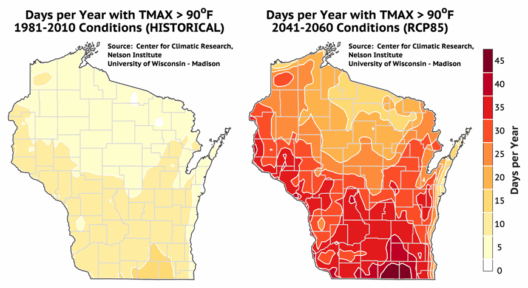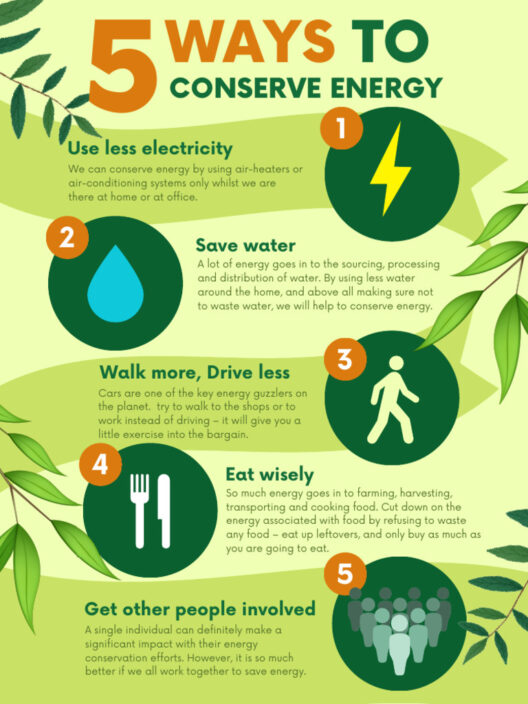Climate change, a hot-button issue in contemporary discourse, evokes a spectrum of responses from skepticism to fervent activism. At the heart of this debate lies a pivotal question: Are humans responsible for climate change? In an era defined by increasing industrialization and resource consumption, it is essential to explore the complex interplay between human activity and the planet’s ecological equilibrium.
The evidence supporting the anthropogenic attribution of climate change is manifold. Scientific consensus, backed by an overwhelming body of research, indicates a disturbing correlation between human activities and global warming. The reliance on fossil fuels since the Industrial Revolution has been a primary catalyst for greenhouse gas emissions. This reliance not only derives from economic motivations but also illustrates an intricate web of societal norms and expectations that perpetuate environmental degradation.
To comprehend the magnitude of humanity’s contribution to climate change, one must delve into the concept of the ecological footprint. This metric serves as a lens through which we can evaluate the environmental impact of human practices across various sectors, including agriculture, transportation, and industrial production. The Global Footprint Network’s data reveals an alarming trend: humanity’s demand for ecological resources now exceeds the Earth’s capacity to regenerate them sustainably. In essence, we are living beyond our planetary means, a characteristic that epitomizes the ecological overshoot phenomenon.
Moreover, the phenomenon of climate change intertwines with socioeconomic paradigms, illustrating that the narrative of responsibility is not a universal one. Wealthier nations have historically contributed the most to greenhouse gas emissions, reaping economic benefits while disproportionately impacting vulnerable communities worldwide. Consequently, the climate crisis reflects structural injustices, wherein marginalized populations bear the brunt of climate-related disasters. This disproportionate impact raises vital questions about equity and responsibility regarding climate action and accountability.
One cannot ignore the role of consumerism in exacerbating environmental degradation. Our insatiable appetite for goods—be it electronics, clothing, or food—fuels an incessant cycle of production and consumption that further stresses the planet’s resources. The fashion industry, notorious for its environmental footprint, exemplifies this paradox. Fast fashion, driven by rapid production cycles and disposable culture, not only depletes natural resources but also introduces toxic substances into ecosystems. In this regard, individual choices, despite seeming inconsequential, coalesce into a formidable force shaping market demands.
Furthermore, agricultural practices present a significant aspect of the human impact on climate. Intensive farming, often characterized by monocultures and excessive pesticide use, not only degrades soil health but also contributes to biodiversity loss. Livestock farming alone accounts for a substantial portion of global methane emissions—a far more potent greenhouse gas than carbon dioxide. The challenge lies not only in mitigating emissions from these practices but also in reimagining the very frameworks through which we produce and consume food.
In addressing the multifaceted nature of climate change, it is imperative to consider the historical context that has shaped our current environmental paradigms. The colonial legacy, marked by resource extraction and exploitation, continues to influence patterns of consumption and waste. Developing nations, straining under the weight of industrialized nations’ legacies, often find themselves at the mercy of climate impacts they did not create. This historical injustice adds an additional layer to the urgency of adopting a holistic approach towards climate solutions—one that emphasizes collaboration across borders and demographics.
Despite the daunting challenges, it is crucial to highlight that hope is not lost. The global movement towards sustainability has gained momentum, with individuals, communities, and organizations coming together to advocate for systemic change. Renewable energy sources, such as solar and wind power, offer viable alternatives to fossil fuels, illustrating that a transition towards a more sustainable future is indeed possible. Moreover, grassroots initiatives focused on conservation and restoration engender a renewed sense of custodianship over the planet.
The discourse surrounding climate change is as much about technology and innovation as it is about cultural shifts and ethical considerations. As we grapple with our collective responsibility, it becomes increasingly apparent that addressing climate change necessitates a reformation of values. The transition to a sustainable future hinges on acknowledging our interconnectedness with the environment and re-evaluating the relationship between humanity and nature.
In conclusion, the question of whether humans are responsible for climate change is not merely academic—it is a call to action. The overwhelming evidence points to anthropogenic factors driving this existential crisis, compelling a re-examination of our consumption patterns, economic structures, and social responsibilities. Climate change is not just an environmental issue; it is a global challenge that implicates every facet of human existence. The time has come for a concerted effort towards a sustainable future, one that prioritizes ecological integrity, social equity, and intergenerational responsibility.








